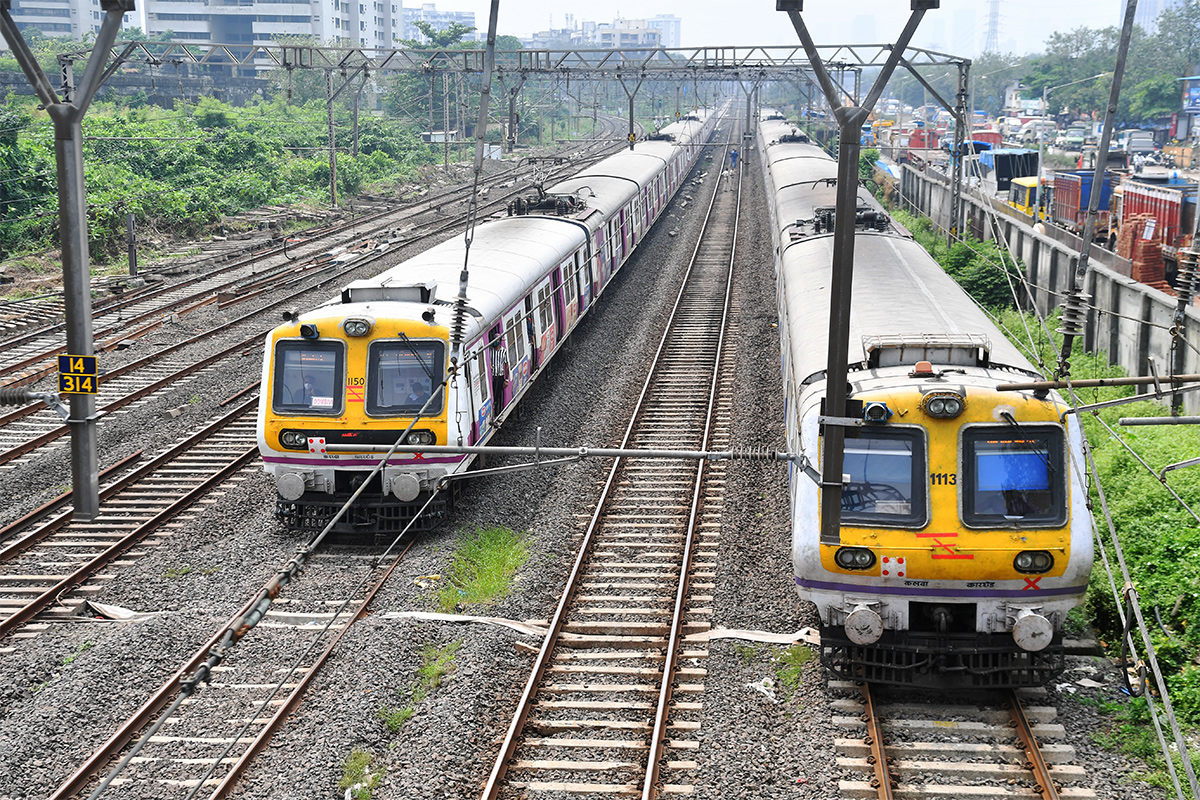The Cabinet Committee on Economic Affairs (CCEA) met under the chairmanship of Prime Minister Narendra Modi on Wednesday and approved three major railway projects with a total estimated cost of Rs 6,456 crore.
Information and Broadcasting and Railway Minister Ashwini Vaishnaw told newspersons after the CCEA meeting that the approved projects will improve logistical efficiency by connecting unconnected areas, increase existing line capacity and enhance transportation networks, resulting in streamlined supply chains and accelerated economic growth.
Advertisement
Mr Vaishnaw said the railways are the most environment-friendly mode of transport in the country. The projects will serve both goods and passenger traffic. The pace of fresh construction in the railways in the last 10 years has been 14.5 kilometers on an average per day, against average four kilometers added per day before that.
Last year there was a record 5,300 km added last year only, Mr Vaishnaw said. This is larger than entire railway networks in many countries. All sanctioned railway projects will be completed in the next five years.
Answering a question on railway safety, he said safety is a sensitive issue and should not be politicized. Defence and railways are subjects which should be dealt with carefully and be above politics. Reports had come showing disturbing trends. All should cooperate in making railways run efficiently, he said.
Asked about employment generation in the railways, Mr Vaishnaw said a railways recruitment calendar has been set to fill different types of vacancies. In the first two quarters, 45,000 jobs were advertised by railways. In the last round of recruitment, he said, 1.54 lakh applicants got jobs in a transparent way. More than two crore had applied for the jobs. This employment would grow in the next rounds, he said.
The Minister said new line proposals will provide direct connectivity and improve mobility, providing enhanced efficiency and service reliability for Indian Railways.
The multi-tracking proposal will ease operations and reduce congestion, providing the much-required infrastructural development on the busiest sections across Indian Railways.
The projects are in line with Prime Minister Narendra Modiji’s Vision of a New India which will make people “Atmanirbhar” by way of comprehensive development in the area which will also enhance their employment/self-employment opportunities.
The projects are result of PM-Gati Shakti National Master Plan for multi-modal connectivity which have been possible through integrated planning and will provide seamless connectivity for movement of people, goods and services, the Minister said.
The three projects covering seven Districts in four States i.e., Odisha, Jharkhand, West Bengal and Chhattisgarh will increase the existing network of Indian Railways by about 300 Kms.
With these projects, 14 New Stations will be constructed, providing enhanced connectivity to two Aspirational Districts (Nuapada and East Singhbum). New Line projects will provide connectivity to approximately 1,300 villages and about 11 lakh population. Multi-tracking project will enhance connectivity to nearly 1,300 villages and about 19 lakh population.
These are essential routes for transportation of commodities such as agriculture products, fertilizer, coal, iron ore, steel, cement, limestone, the Minister said.
He said the capacity augmentation works will result in additional freight traffic of magnitude 45 MTPA (Million Tonnes Per Annum). The Railways being environment friendly and energy efficient mode of transportation, will help both in achieving climate goals and minimizing logistics cost of the country, reduce oil import (10 Crore Litres) and lower CO2 emissions (240 Crore Kg) which is equivalent to plantation of 9.7 Crore trees.









